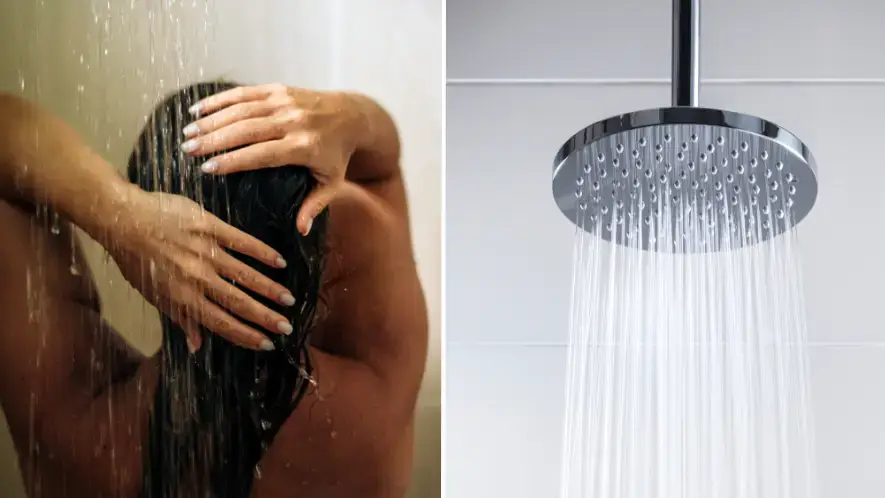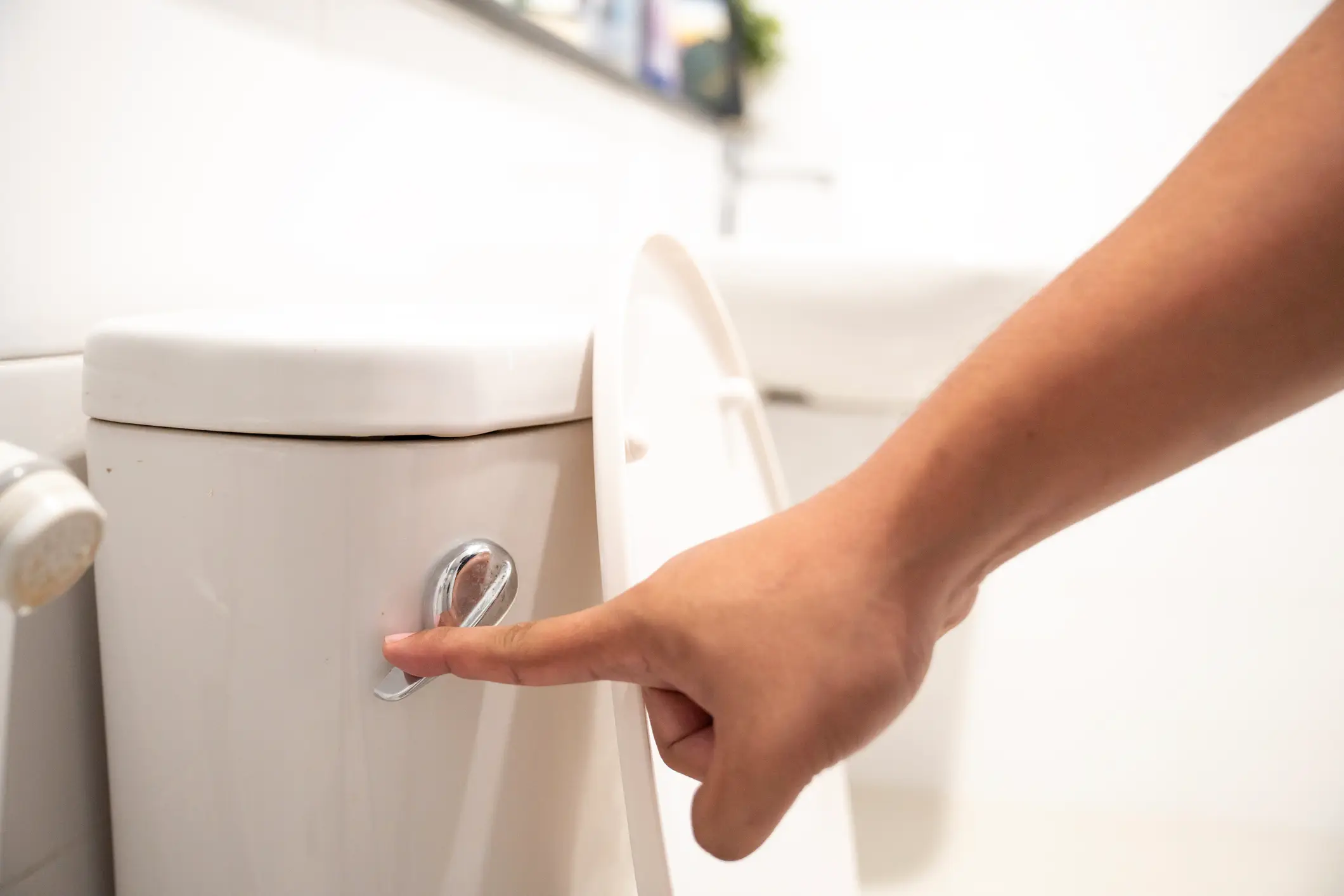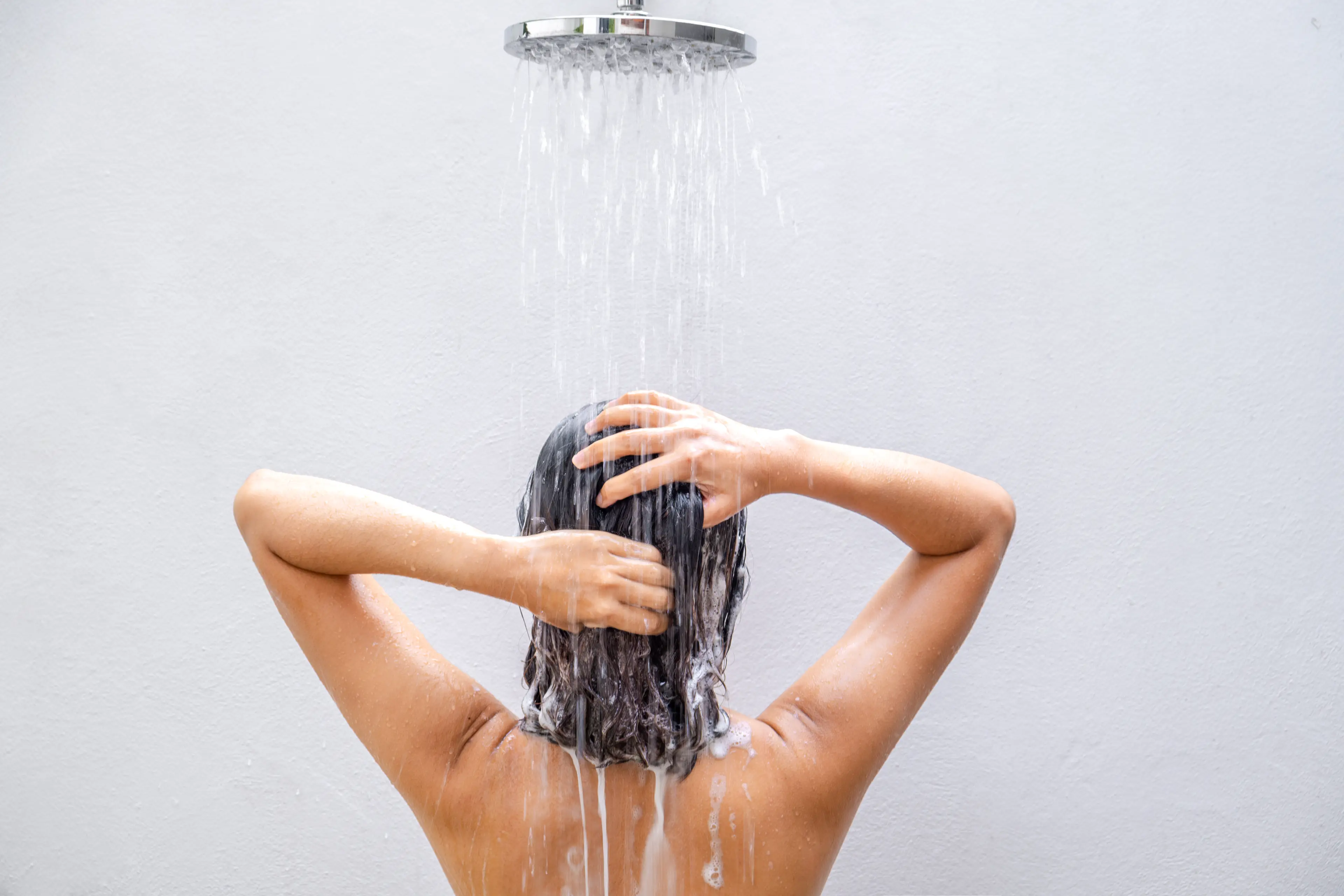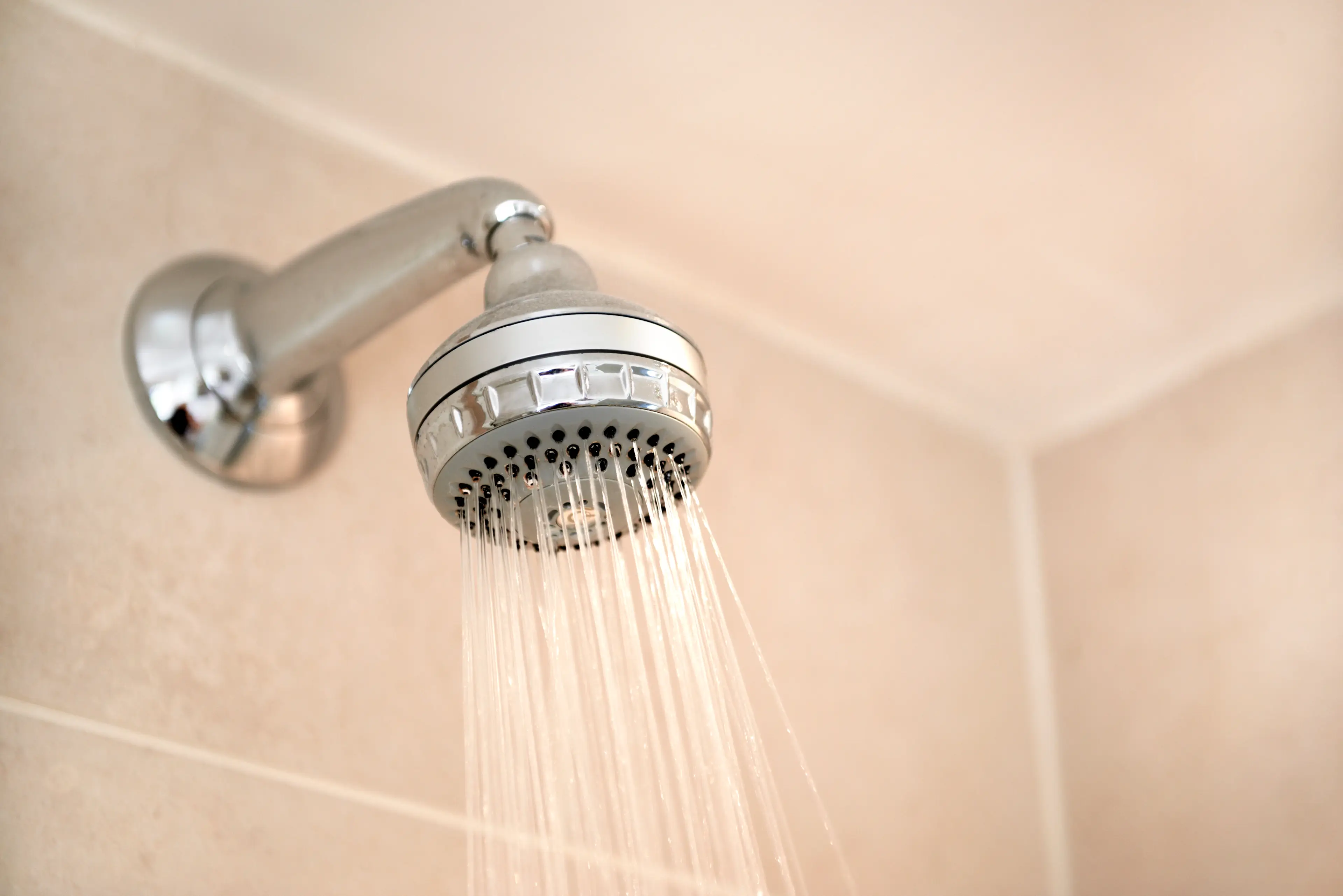
Research has discovered how a divisive shower practice could positively impact your health, while saving you a ton of money in the process.
It’s true what they say isn’t it: every little helps when it comes to navigating the seemingly never-ending cost of living crisis.
By utilising Nectar and Tesco Clubcards, blocking out no-spend weekends and cancelling unnecessary subscriptions, you can begin to loosen your belt ever-so-slightly and breathe a bit easier.
Another way to save money, according to experts, is by peeing in the shower. Yes, you read that right.
Advert
Statistics show that the average person in the UK uses around 142 litres of water per day while the average household has about five flushes, as per Princeton University.
By eliminating just one toilet flush per day by peeing in the shower instead, you could significantly reduce your household’s average water usage and cut down on toilet paper. Thus, lowering your expenditure exponentially.
But having a wee while you lather up isn’t just about saving money - it can apparently have a major, positive impact on your health.

How does peeing in the shower affect your health?
Experts claim that passing water while you’re washing can help calm you body down by activating the parasympathetic nervous system (PNS).
Cleveland Clinic describes the PNS as a network of nerves that relax your body after periods of stress or danger. It is also responsible for functions such as your heart rate, digestion and blood pressure.
Dr Hana Patel partnered with shower enclosure specialists Showers to You and revealed how peeing in the shower can impact the PNS.
She said: “There is evidence and research that shows sitting or crouching when passing urine (as in Eastern cultures) can help our pelvic floor muscles relax more, and empty our bladders more completely by helping to use our pelvic floor muscles and reduce the risk of urine infections for example.
“The sound of running water can help us to pass urine, and there have been studies carried out where men with issues with passing urine found that listening to sounds of running water helped them to pass urine more easily. This is because water is calming for the body and activates the parasympathetic nervous system.
“This activation can result in the relaxation of the bladder and possibly the pelvic floor muscles, bringing on the urge to pass urine. This might also help enhance the parasympathetic tone, which powers the detrusor muscle, and relax the resistant tone of the urethral sphincter, thus resulting in the increased urine flow.”
The General Practitioner’s claim has been backed up by research conducted at Swinburne University of Technology.
The institution states that running water does increase activity of the PNS, writing: “This would relax the bladder muscles and prepare the bladder for emptying.”

When is the best time to pee in the shower?
According to a survey conducted on behalf of Abcotechbrand.com, around 61 percent of those polled admitted to peeing in the shower, while 39 percent claimed they’d never done the deed before.
If you’re part of the latter cohort and have been swayed to attempt the controversial, multi-tasking practice, then Dr Sanjay Gupta, Chairman of Emergency Medicine, Southside Hospital in Bay Shore, has some advice for you.
He suggests you wee before you start lathering up, telling the Greatist: “The soap you use to wash and the constant flow of water in the shower should provide an element of passive cleaning of the shower without having to do much else.”
Brook Plato, a surgical nurse, added that it’s important to rinse after peeing in the shower to avoid any potential yeast infections.
“Moist environments can grow yeast and other organisms,” she explained.
“Always blast the [shower floor] with a few seconds of hot water to get rid of all your bodily detritus after you’ve bathed.”

Are there any possible health risks to peeing in the shower?
Some specialists, including Dr Alicia Jeffrey-Thomas, have warned against passing water while you bathe.
In a TikTok video, she explained that a woman’s pelvic anatomy isn’t built to urinate while standing up and is therefore ‘conducive to pelvic floor relaxations’.
She also highlighted that associating running water with peeing could lead to ‘leak issues when you hear running water outside of the shower’.
If you’re experiencing pain or frequent urine leaks then it’s recommend you see a pelvic floor specialist.
“A lot of women have bladder issues and think they’re the only ones,” Dr. Leslie Rickey, a urogynecologist and associate professor at the Yale School of Medicine, says.
“But remember that you’re not alone, and it’s more than okay to ask for help.”
